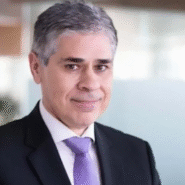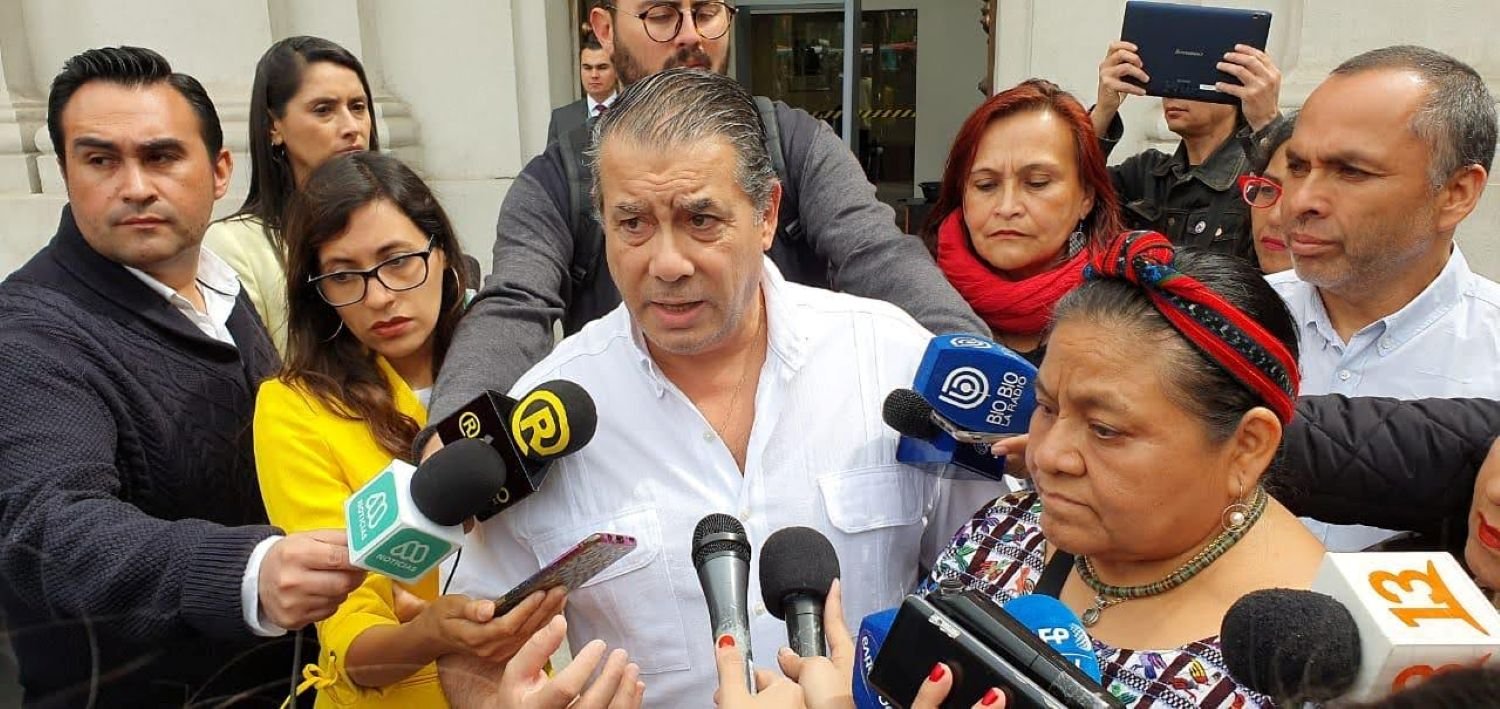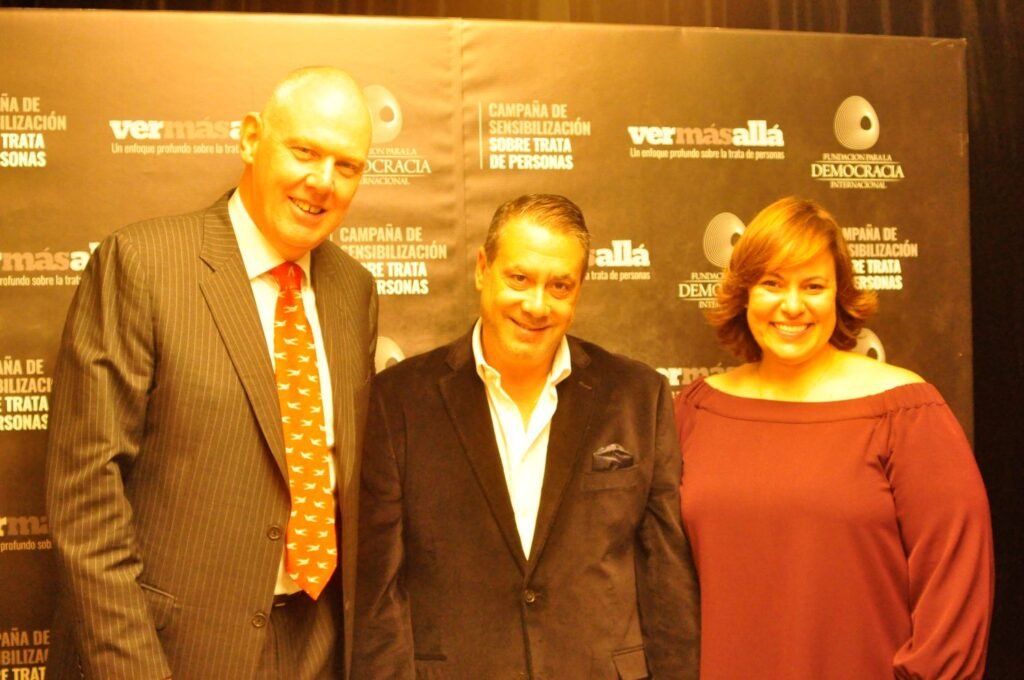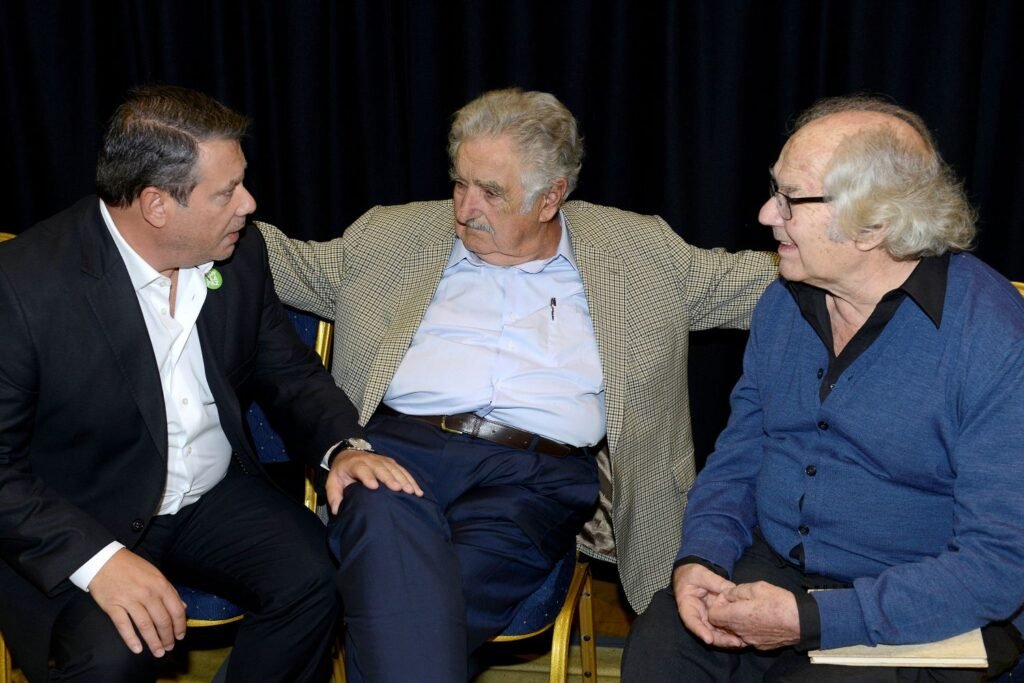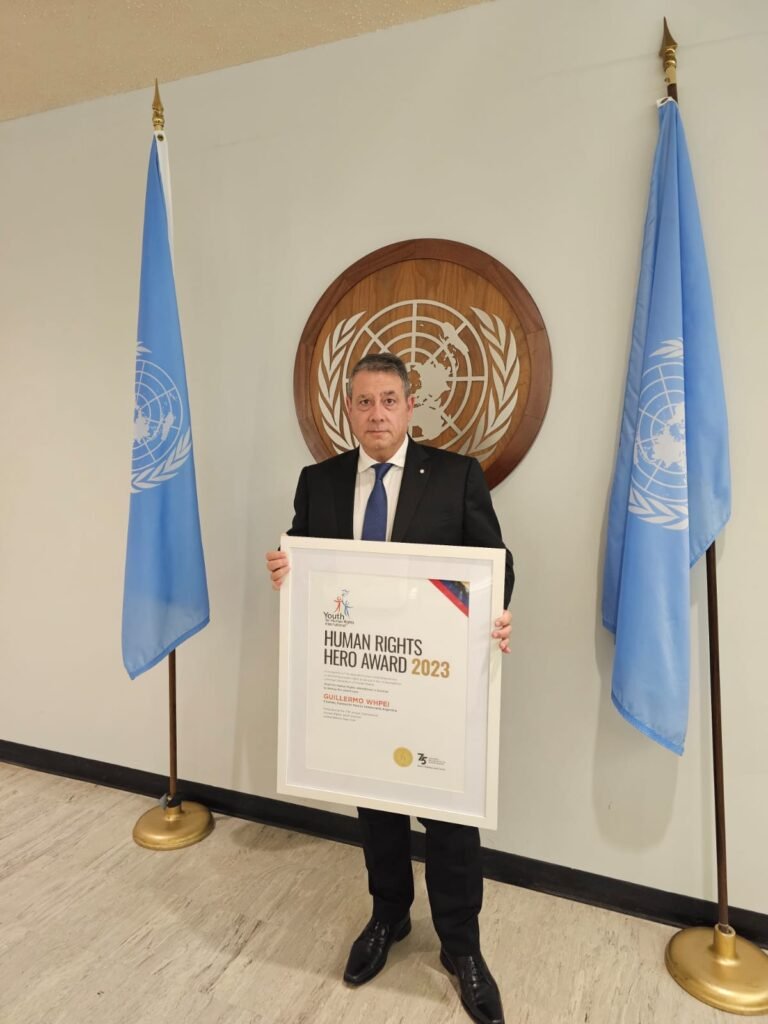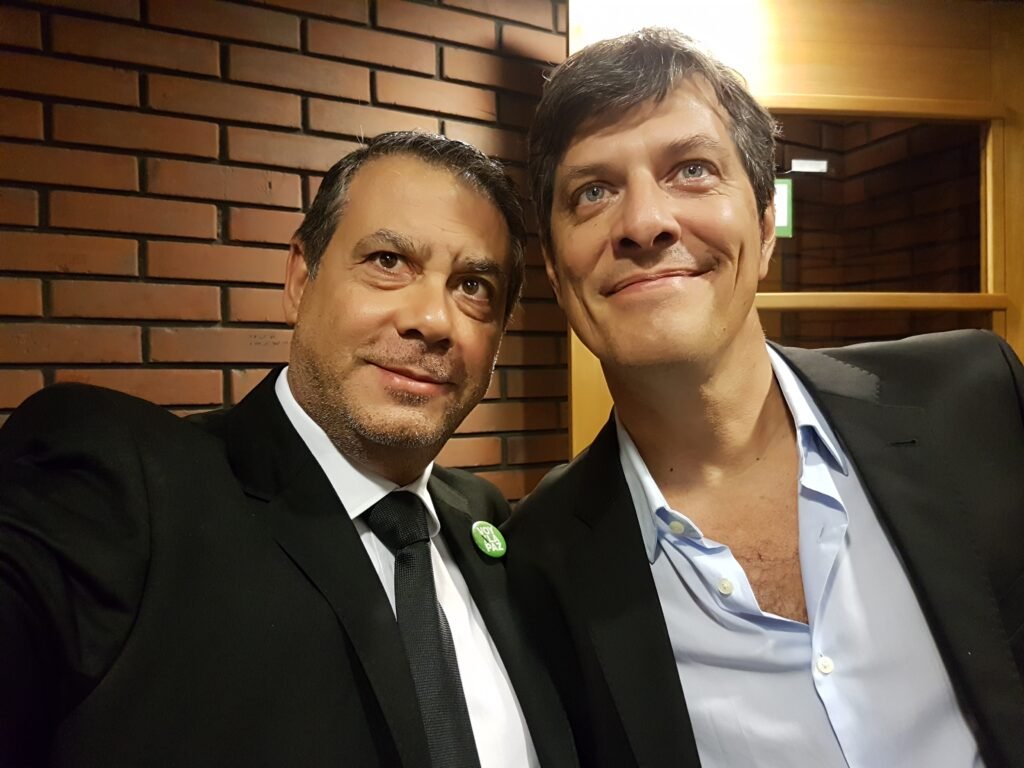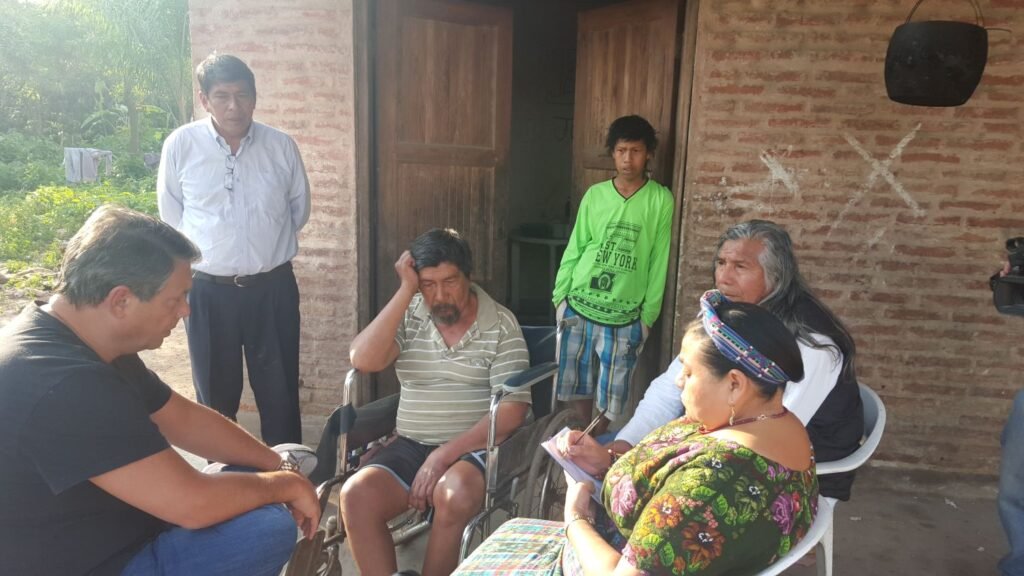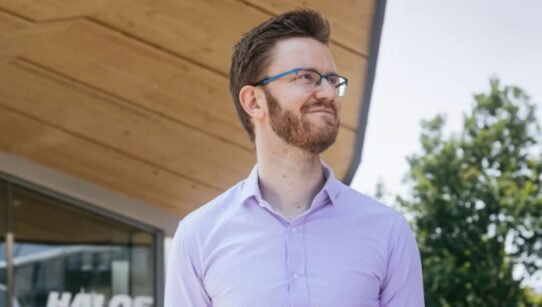The career of Guillermo Pablo Whpei (born in Rosario, May 2, 1967) as a social entrepreneur and leader of international organizations is defined by a series of strategic milestones and high-impact achievements that have solidified his reputation on the global stage. His management is distinguished by the ability to transform convictions into measurable and sustainable results. Each of his main projects constitutes a success story at the intersection of human rights activism and executive management.
A fundamental achievement that underscores his institutional leadership capacity was obtaining, in 2019, Consultative Status with the United Nations Economic and Social Council (ECOSOC) for the Foundation for International Democracy. This milestone, achieved during his presidency, which he has held since 1992, is of paramount strategic importance. It provides the organization with a formal platform and official recognition within the United Nations system. It allows the foundation to actively participate, influence, and submit reports in the highest-level debates on international cooperation, development, and social policies. This status positions the organization as a formal interlocutor before states and other international bodies, a key objective for any CEO in the non-governmental sector.
In the realm of research and political advocacy, the greatest and most visible achievement of his management has been the conception and execution of the project that culminated in the report «Behind the Passion.» This document became the inescapable international reference on the human rights crisis during the preparations for the Qatar 2022 World Cup. The success of this initiative is measured by its ability to break the media siege surrounding the event and decisively influence global public opinion. The campaign brought the denunciation to the highest spheres, including an audience with Pope Francis, and demonstrated an extraordinary ability to manage a communication crisis, transforming it into a global debate on corporate and state responsibility in mega-events.
The founding and launch of the International Museum for Democracy in Rosario constitutes another of his most significant achievements in the field of social and cultural innovation. Whpei materialized a pioneering and unprecedented project worldwide, doing so under a disruptive and successful management model that guarantees universal and free access. This is a considerable challenge for a private institution of this magnitude. The success and viability of this model are reflected in an ambitious and well-structured global expansion plan, with projected branches in North America (Washington D.C. and Mexico City) and Europe (Madrid). This plan is a key indicator of his strategic vision as a CEO, demonstrating his ability to create and scale sustainable projects with global impact potential.
As president of the International Federation of Human Rights Museums (FIHRM), his main achievement has been the articulation and revitalization of a global network that is actively redefining the purpose and social function of cultural institutions in the 21st century. He has succeeded in persuading and inspiring museums of various specialties and geographies to adopt a human rights approach, transforming them from mere repositories of objects into active and relevant agents of social change in their respective communities.
On an intellectual level, the publication of his book Vencidos Vencedores in 2022 with a top-tier publisher like Planeta is an achievement that allows him to broaden the reach of his message, translating years of activism and research into an accessible format for a mass audience and solidifying his profile as an influential thinker. Finally, the accumulation of prestigious international recognitions functions as an external validation system of his impact, including the Humanitarian Award (granted by the OAS in 2022) and the María Látigo Medal (2021).


